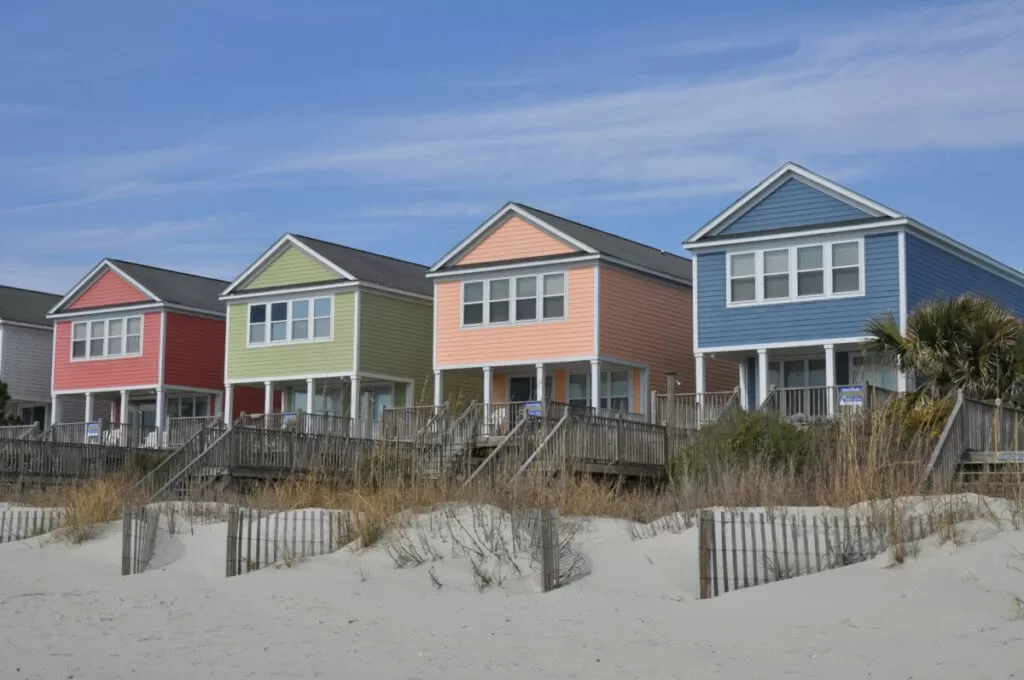Your second residence, whether it is a beach house, mountain retreat, or lakefront cottage, is a special place that holds cherished memories and relaxation. It is also considered a capital asset by the IRS, meaning that any gains made from its sale will be subject to capital gains tax. However, with the right strategies in place, you can minimize the amount of tax you owe and keep more of the profits from your vacation home sale. In this complete guide, we will explore some proven ways to reduce capital gains tax and make the most out of selling your vacation home.
1. Understand the Basics of Capital Gains Tax
Capital gains tax is a tax on the profit made from the sale of a capital asset, such as your second residence. The gain is calculated by subtracting the original purchase price, also known as the basis, from the sale price. The tax rate for capital gains can vary depending on your income and the length of time you owned the property, but it is generally lower than the standard income tax rate. It’s important to note that if your vacation home is used as a rental property, only a portion of the gain will be subject to capital gains tax, as the property has a dual-use.
2. Take Advantage of the Primary Residence Exclusion
One of the most effective ways to minimize capital gains tax is to take advantage of the primary residence exclusion. This exclusion allows homeowners to avoid paying taxes on the first $250,000 of capital gains for single filers and the first $500,000 for joint filers. To qualify, you must have owned the property for at least two of the past five years and used it as your primary residence for at least two of the past five years before the sale. This means that if your vacation home was your primary residence for two years, you can exclude up to $250,000 of capital gains from being taxed.
3. Keep Detailed Records of Improvements
Another way to reduce your capital gains tax is to keep detailed records of any improvements made to your vacation home. Improvements can include renovations, additions, and any other upgrades that increase the property’s value. These costs can be added to the original purchase price, which will lower the gain and therefore, decrease the amount of tax owed. Be sure to save all receipts and documents related to the improvements, as they will be crucial when calculating the basis and gain of your property.
4. Consider a 1031 Exchange
A 1031 exchange, also known as a like-kind exchange, is a tax-deferred exchange of one investment property for another. This can be a useful tool for minimizing capital gains tax on your vacation home. By exchanging your vacation home for another investment property, you can defer paying taxes on the gain until you sell the new property. Keep in mind that there are strict rules and time limits for completing a 1031 exchange, so it’s essential to consult with a tax professional or real estate agent before pursuing this option.
5. Time Your Sale Strategically
When it comes to minimizing capital gains tax, timing is everything. If possible, consider timing the sale of your vacation home in a year when your income is expected to be lower, as this can result in a lower tax rate. Additionally, if you have owned the property for more than a year, you may qualify for the long-term capital gains tax rate, which is generally lower than the short-term rate. As with any financial decision, it’s best to speak with a tax professional to determine the best time to sell your vacation home.
6. Use Your Losses to Offset Gains
If you have experienced any capital losses throughout the year, you can use them to offset your capital gains and potentially reduce your tax bill. This strategy is known as tax-loss harvesting and involves selling assets that have decreased in value to offset any gains made from the sale of your vacation home. Keep in mind that there are limits to how much you can deduct in losses, and it’s crucial to consult with a tax professional before making any decisions.
Selling your vacation home can be a bittersweet experience, but with the right strategies, you can minimize the amount of capital gains tax owed and keep more of the profits. Whether it’s taking advantage of the primary residence exclusion, keeping detailed records of improvements, or considering a 1031 exchange, there are ways to make the most out of your second residence sale. Remember to consult with a tax professional or real

